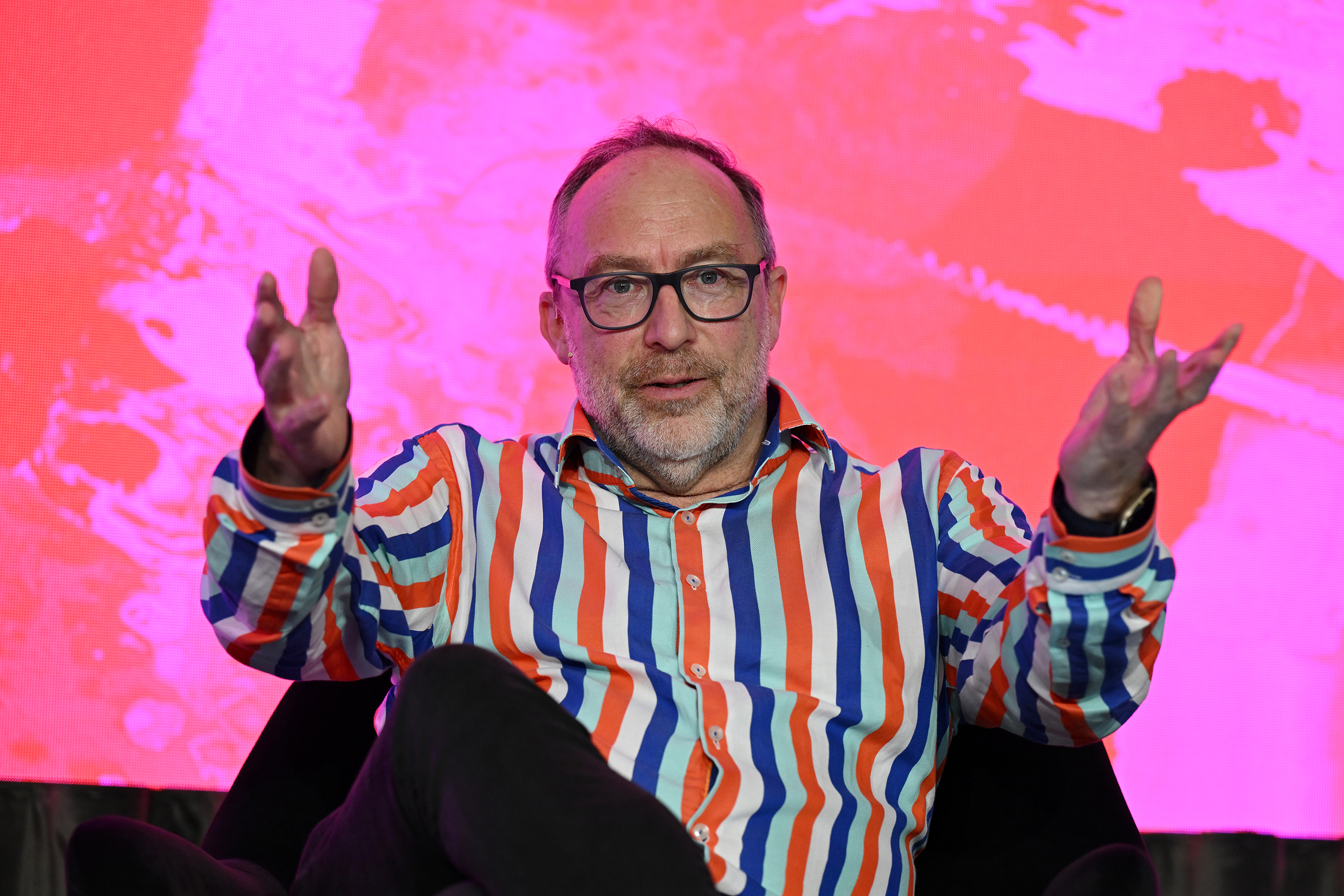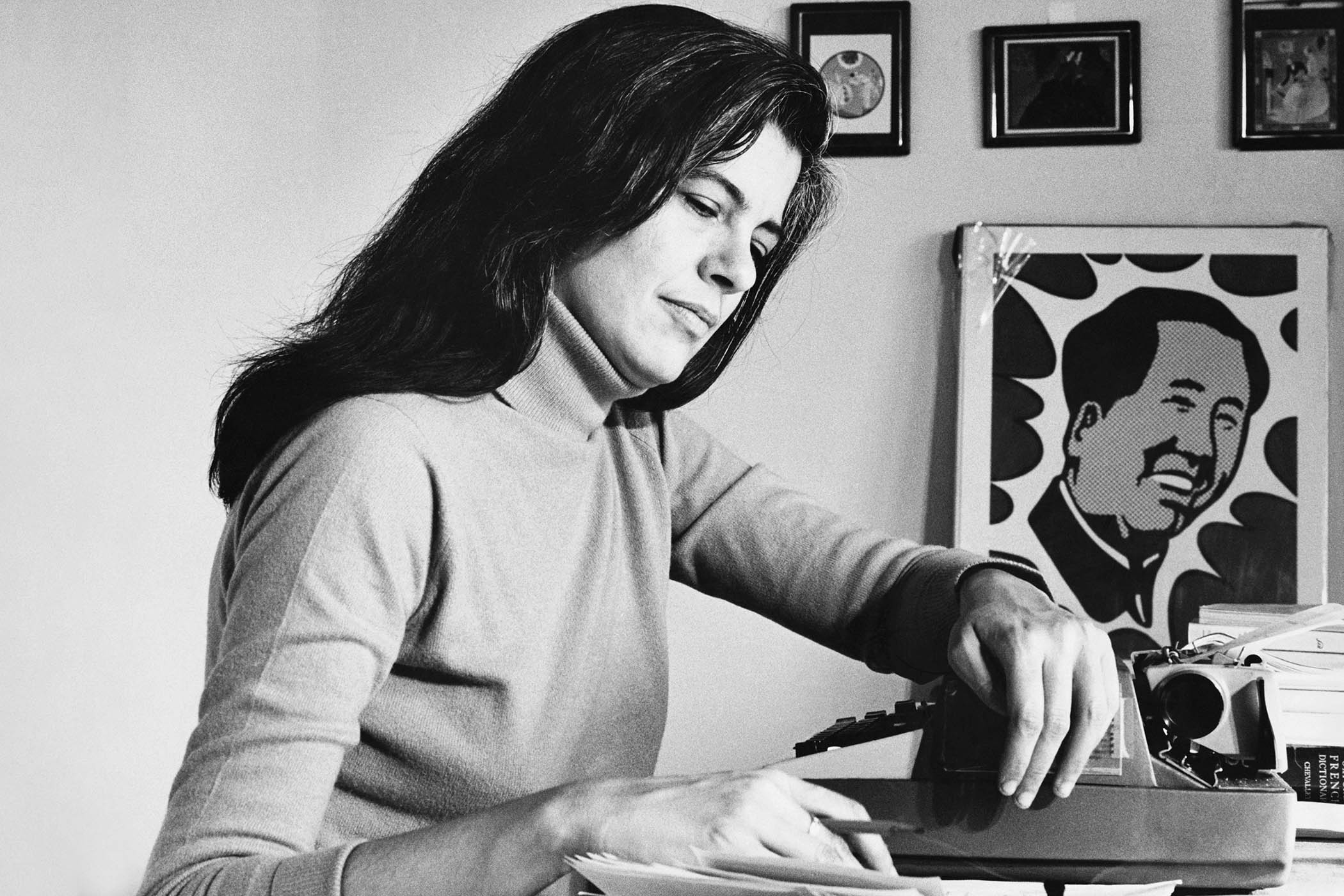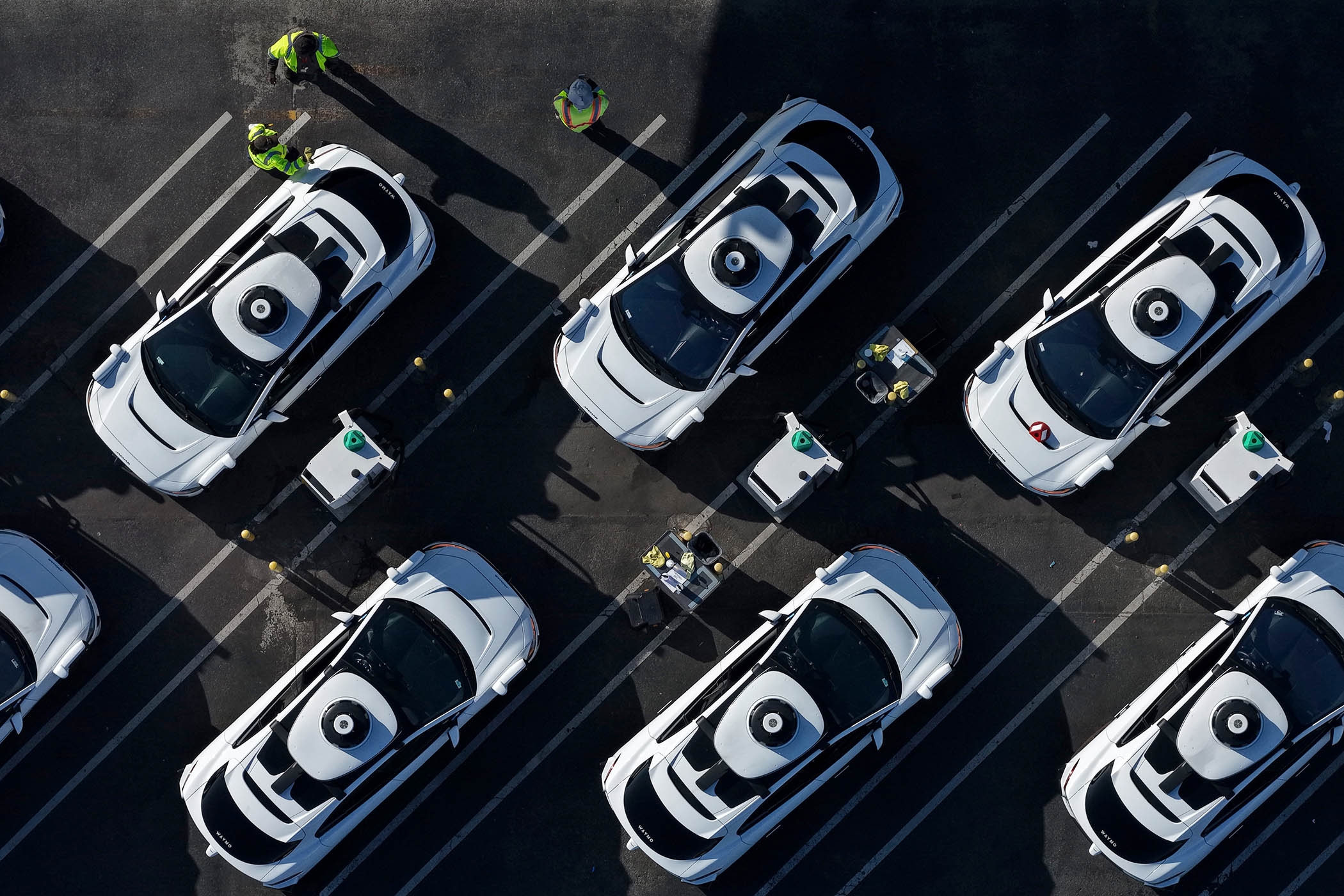Imagine if non-profit encyclopedia Wikipedia had been the model for internet era organisations, rather than profit-maximising behemoths such as Google and Facebook. There would have been less polarisation driven by feeding people addictive but not necessarily accurate content. Levels of public trust would be higher in the platforms delivering online content – and, perhaps, as a result, more trust in society’s key institutions in general. And there would have been far fewer obnoxious tech billionaires.
Jimmy Wales, the non-billionaire tech titan who co-founded Wikipedia, has published a book, The Seven Rules of Trust: A Blueprint for Building Things That Last. This much needed collection of practical wisdom comes out at a time when the website, whose foundation is the unpaid work of a decentralised, largely self-governing global community of volunteers, is under twin attacks.
One is from the US right, which dislikes that its beliefs are sometimes at odds with Wikipedia’s unwaveringly fact-based content. Elon Musk dubbed it “Wokepedia” and launched AI-based rival Grokapedia, which generates a great deal of rightwing content and is reportedly riddled with errors.
AI is the other threat to Wikipedia – and an opportunity. Wikipedia’s rigorous system of fact-checking by humans seems just what is needed to govern AI. Especially given the tendency of AIs to make things up and hallucinate and the growing public questioning of whether this technology can be trusted. Yet. In addition to the practical questions of how best to use it and the cost of harnessing AI may be challenging for a non-profit still free to use and reliant on donations. As Open AI abandons its non-profit status and fully embraces profit maximisation, the need for Wikipedia to continue showing another, better, more trustworthy way of deploying new tech is arguably greater than ever.
Photograph by Jeff Spicer/Getty Images for SXSW London
Newsletters
Choose the newsletters you want to receive
View more
For information about how The Observer protects your data, read our Privacy Policy
Related articles:



